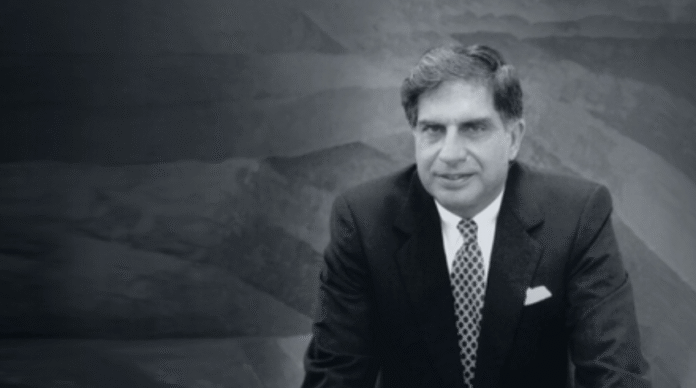NEW DELHI– A year after the passing of Ratan Tata, one of India’s most revered industrialists, the Tata Group finds itself navigating internal disputes and financial turbulence, even as the late chairman’s principles of integrity, humility, and innovation continue to inspire millions.
Ratan Tata, who died on October 9, 2024, was widely regarded as a symbol of ethical leadership and modern Indian enterprise. As the former chairman of Tata Sons, he transformed the century-old conglomerate into a global powerhouse while upholding the group’s founding ideals of trust and social responsibility.
However, one year after his death, the $180 billion conglomerate is reportedly grappling with infighting within Tata Trusts — the charitable arm that controls about 66 percent of Tata Sons. According to reports, disagreements have arisen over board appointments and governance issues, creating two factions: one led by Noel Tata and another aligned with trustees close to industrialist Mehli Mistry, a figure linked to the Shapoorji Pallonji family.
The tensions came to light following the controversy over the reappointment of Vijay Singh to the Tata Sons board, which was ultimately rejected and followed by his voluntary resignation. Observers fear that such disputes could hamper the group’s strategic decision-making and stability. There is even speculation that the government could intervene to preserve the integrity of one of India’s most trusted corporate legacies.
Meanwhile, the market value of Tata Group’s 23 listed companies has fallen by more than Rs. 7 lakh crore — about 21 percent — over the past year, slipping from Rs. 33.57 lakh crore to Rs. 26.39 lakh crore since Ratan Tata’s passing.
Born in 1937 to Naval and Sooni Tata, Ratan Tata was raised by his grandmother, Lady Navajbai Tata, following his parents’ separation. A graduate of Cornell University’s College of Architecture and an alumnus of Harvard Business School’s Advanced Management Program, he joined the family business in 1962.
When he became chairman of Tata Sons in 1991, he ushered in a period of bold expansion and modernization. He led the group into new sectors including telecommunications and automobiles, launching India’s first indigenous passenger car, the Tata Indica, and later the Nano — the world’s most affordable car.
During his tenure, Tata oversaw more than 60 global acquisitions, among them Jaguar Land Rover and Tetley Tea, and spearheaded the public listing of Tata Consultancy Services (TCS), now India’s most valuable company. He also founded the Ginger Hotels chain and guided the conglomerate’s transformation into an international brand known for quality and ethics.
Beyond business, Ratan Tata’s contributions to philanthropy were equally profound. Through Tata Trusts, he funded initiatives in healthcare, education, and rural development — including advanced cancer care centers and India’s largest animal tertiary-care facility in Mumbai.
Even after his retirement, he mentored countless young entrepreneurs and startup founders, remaining an active voice in Indian innovation.
Ratan Tata’s life embodied the idea that leadership is not about power or profit, but about purpose and compassion. A year after his passing, his vision endures — reminding India that true greatness lies in doing what is right, and then making it right. (Source: IANS)














